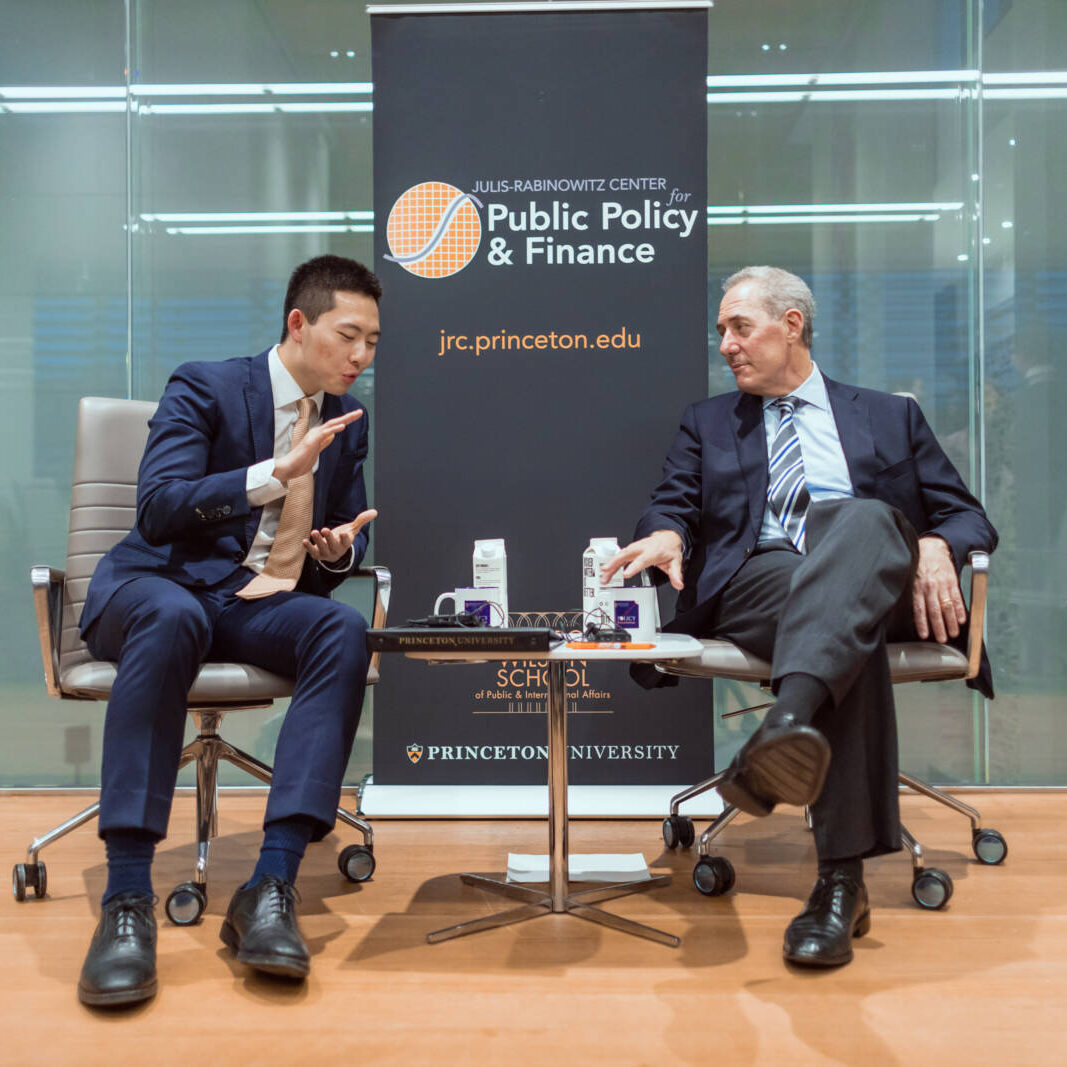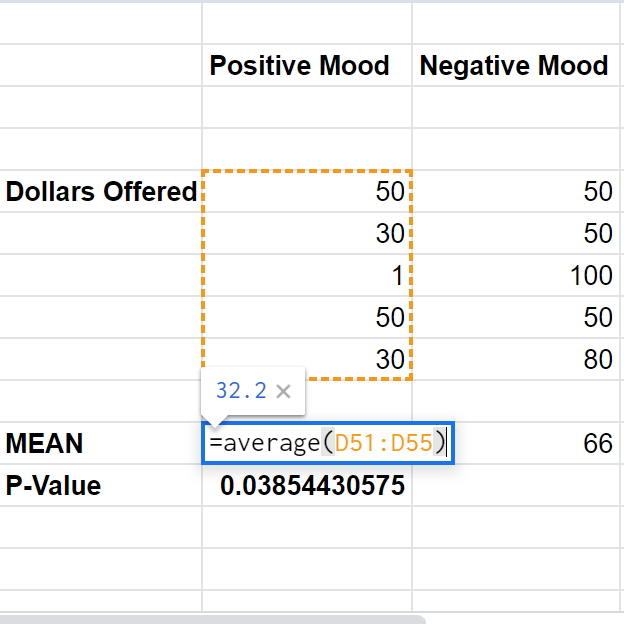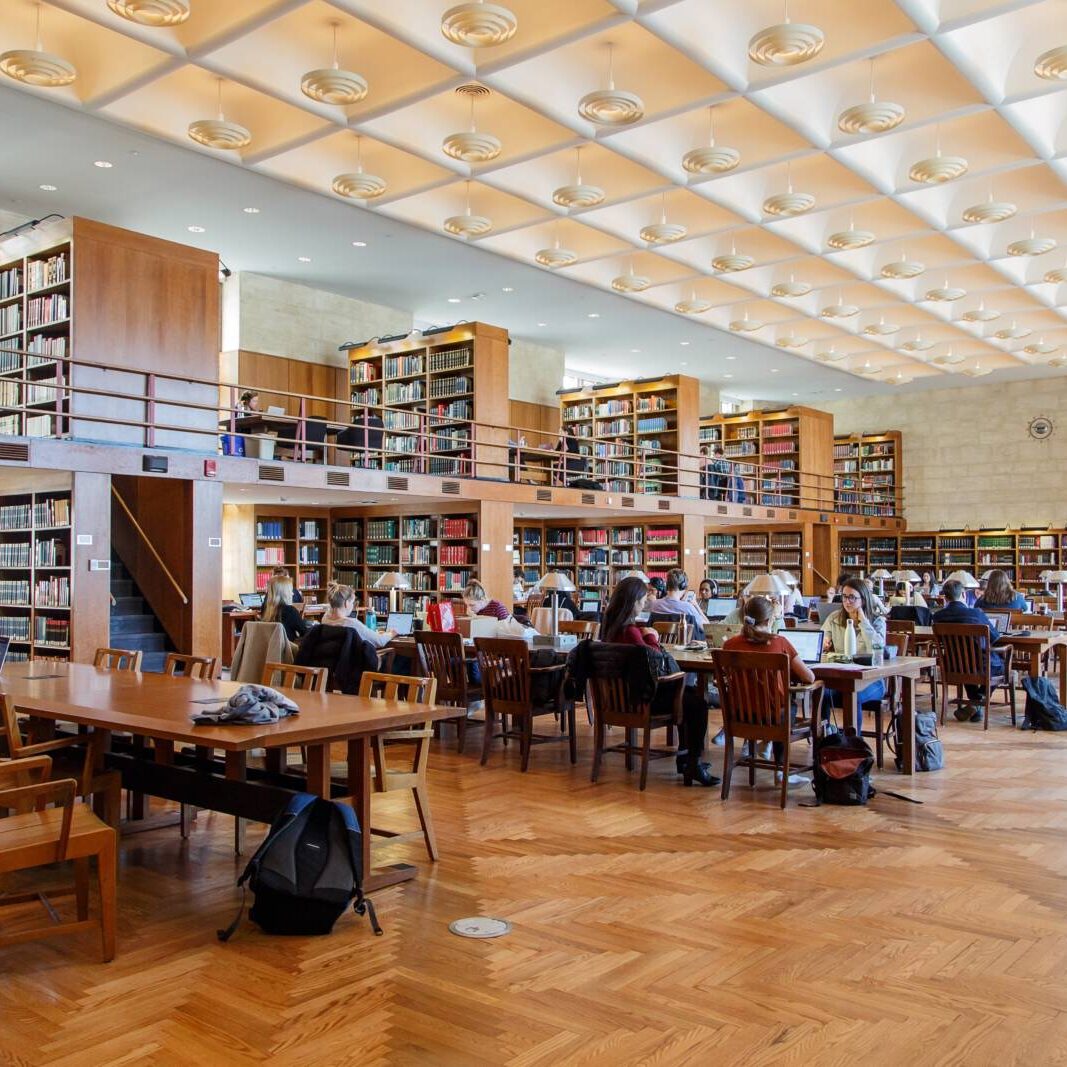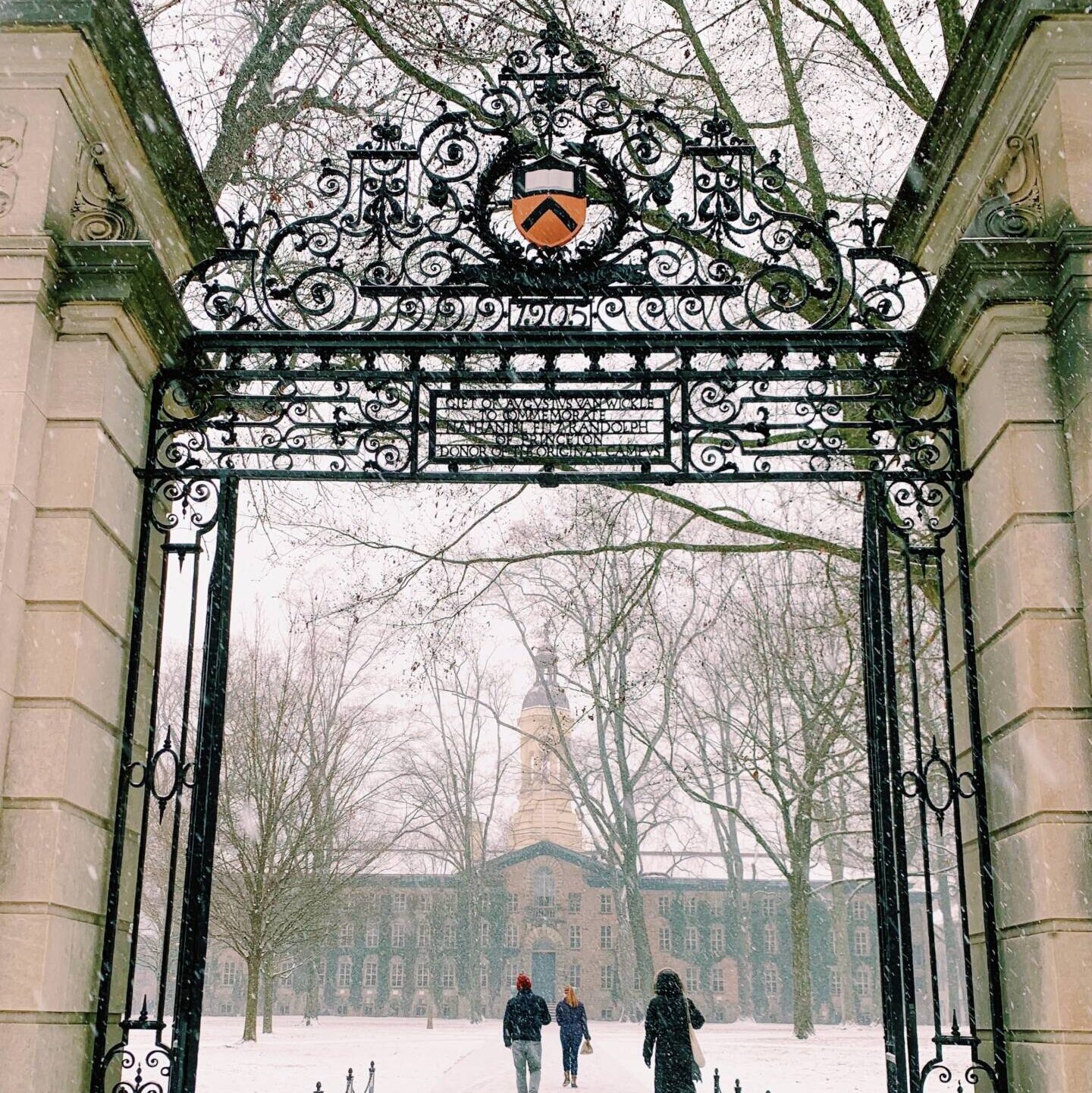This week I had the opportunity to interview Tiger Gao, currently a senior in the Economics Department at Princeton and the founder and host of Policy Punchline, a student-run podcast that focuses on conducting interviews with well-known public figures on current policy issues. I am a researcher for the podcast. In this interview, I had the chance to ask him about Policy Punchline and about entering the field of economic research and public policy in general.
The interview has been edited for length and clarity.
 Tiger interviewing former US Trade Representative Michael Froman for Policy Punchline
Tiger interviewing former US Trade Representative Michael Froman for Policy Punchline
M.B.: What inspired you to start Policy Punchline?
T.G.: At Policy Punchline, we interview people involved in policy. It’s fully student-run and nonpartisan. What we really care about is to promote long-form dialogues on urgent issues and frontier ideas, whether you are a postdoc who’s doing some interesting research or the NFL’s data chief discussing the response to the Covid-19 crisis.
As a freshman/sophomore at Princeton, I was kind of lost. I didn’t know what to do. I hadn’t gotten into any major clubs at Princeton, I didn’t feel like I’d fit in. I had run for class president and lost. But what I’ve always loved is to go to the guest lectures after class – and once the lecture ended, I would ask questions. I soon realized that hardly anyone talks to these fascinating people with such interesting ideas. And the idea of Policy Punchline was born.
So far, it has worked quite well: tomorrow we will drop our 99th interview and I personally have done more than 100 interviews.
M.B.: Quite the milestone.
T.G.: Yes, in the past two years our team has grown to more than 50 students. I’m incredibly proud of the team and its intellectual capacities and I expect great things going forward.
M.B.: You talked about students who are sometimes shy to talk to these guest lecturers – or even to their own professors, and I can relate to that. What would you like to tell them?
T.G.: My very first interview was with Dr. Christopher Marks, the Head of Emerging Markets for Mitsubishi Financial Group. I remember spending three hours with him in a studio in Wilson and I didn’t really know what was going on. I felt nervous. I had to re-record my questions. My question list was very naive but he was very supportive and patient. And he said two things to me afterward that I think are quite profound and which had a lasting impact on me.
The first thing he said was, “Don’t be afraid to talk to people that are smarter or more experienced at something than you. You’re going to look stupid, but that’s fine. You ask the questions and you improve and that’s what matters.”
And the second: “You have to feel happy about bad mistakes.” He’s not referring to a getting-a-bad-grade type of mistake, but mistakes that might even point to some fundamental flaws in you. And he said that you have to be happy with them. These two pieces of advice really gave me confidence and laid quite a powerful foundation for Policy Punchline. You are going to run into difficulties. A lot of the people we email don’t get back to us and some others might and subsequently ghost us. Some interviews don’t go well and you wish you had done better. But that’s fine! Just go for it. And when you do, you’ll realize that the people you end up interviewing actually want to talk to you.
M.B.: If anyone reading this was interested in joining Policy Punchline or interested in this type of work in general, how would they go about it?
T.G.: Just send me an email! The way you joined was so incredibly informal. Princeton is already a difficult enough place and I don’t ever want people to feel excluded. I know what it feels like to polish your CV and go through the cover letter and prepare for the interview for a club and then never hear back. We ask people to prepare a research portfolio and based on what they tell us, we decide on how and where they fit in the team. If it’s not a good fit or if they are not passionate about it, they’ll leave soon. But if this is what they’re passionate about, then there are no barriers to how far they can go and how much they can do.
For anyone, who is interested in joining Policy Punchline, Tiger can be reached at miaokuan@princeton.edu.
–
Joining a podcasting team can be an unconventional, but rewarding, way to try to explore a field, especially at an interview-focused podcast like Policy Punchline, where there are opportunities to engage in dialogue with experts, ask questions and learn further about a subject. As a result, they can be an incredibly rewarding experience for anyone – regardless of their prior level of knowledge. For anyone who is interested to go in-depth about the policy issues, I would recommend reaching out to Tiger about joining Policy Punchline. Every week you get to learn about the many issues that affect us – from reimagining capitalism to the energy sources of the future to the current elections – in different ways.
– Abhimanyu Banerjee, Social Sciences Correspondent






